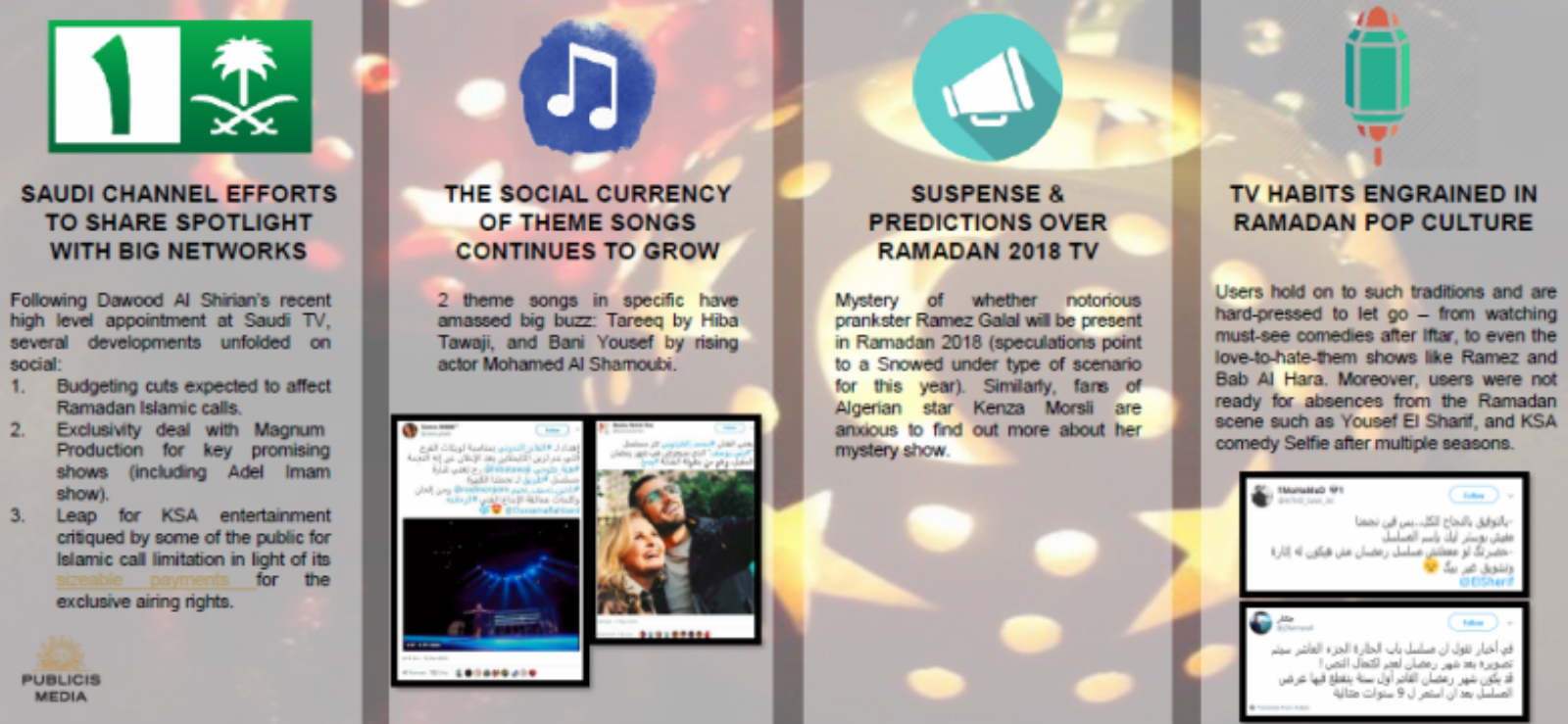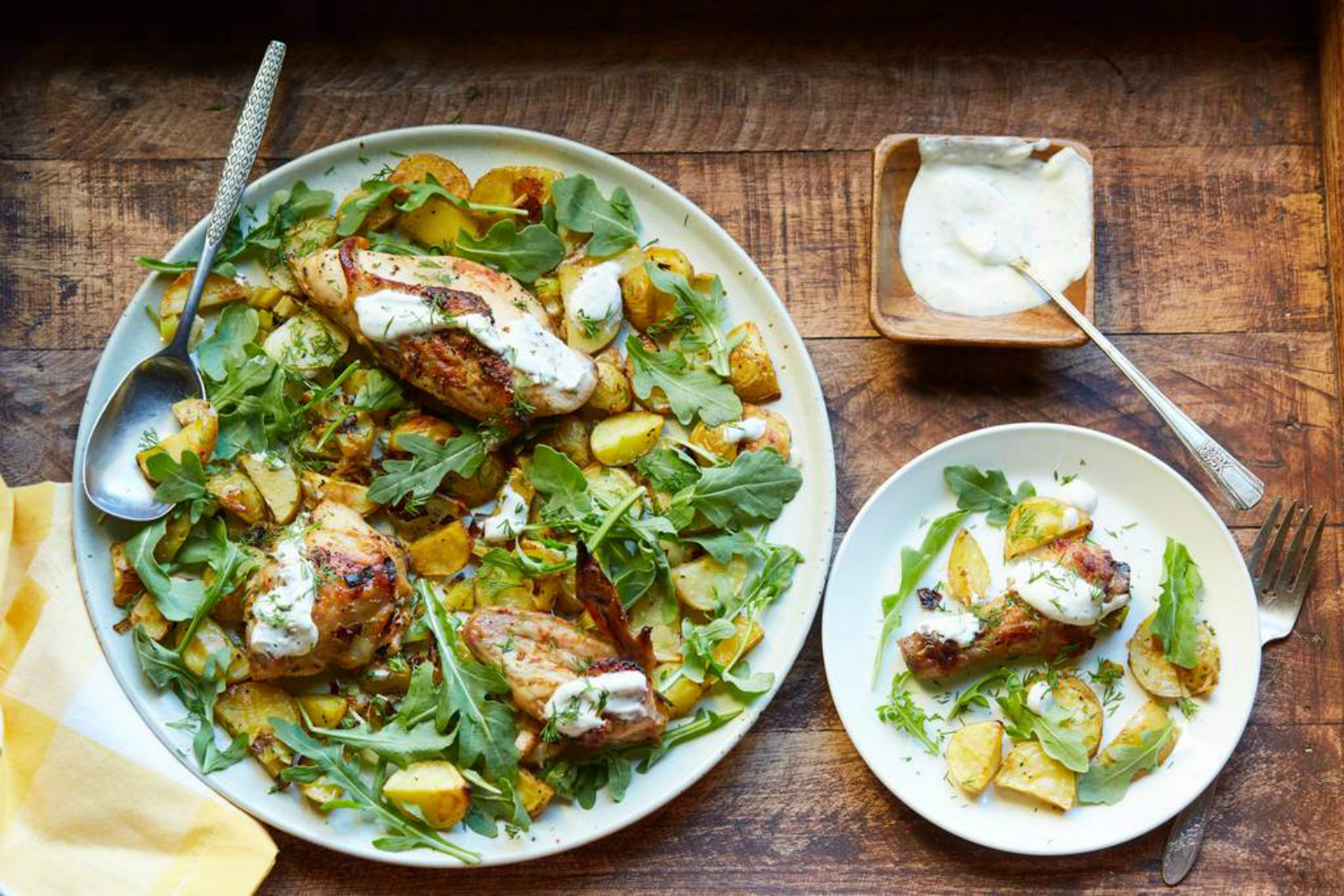The waste you shed, could be your own body’s: Fasting during Ramadan can be good for your health if done properly.“Ramadan is a great opportunity to break the chains of bad eating habits,” Cape Town dietitian Salaamah Solomon tells Health24. He offers tips to reap the full benefits of fasting, like avoiding feasts and making sure the two meals of the day include equally distributed nutrition from major food groups. For Suhoor, Solomon recommends foods that provide long-lasting energy, such as oats, beans, and rice, as well as fluids of course, while avoiding caffeinated drinks, which can lead to dehydration. As for Iftar, he recommends the traditional dates and water to break the fast, before moving to the main balanced meal that should be free of foods high in fat or sugar.
While this month could be an opportunity to lose weight, AVOID THE GYM, warns the UK’s National Health Service. The body is already fatigued and this is not the purpose of fasting,” Abu Dhabi-based Doctor Hani Jaber tells the National.
Sleep can also help keep energy levels up while fasting, he adds, recommending sleeping after Iftar until about 11:00 pm or midnight, and then again after Suhoor.
Special arrangements are required for diabetic patients who wish to fast during Ramadan, says Dr. Wiam Hussein. He recommends that patients undergo a medical assessment one month before Ramadan, as well as receive educational counseling to control their sugar levels, blood pressure, and level of hydration. While none of us here holds degrees from Al Azhar, we’re also sure you can and probably should get a dispensation.








